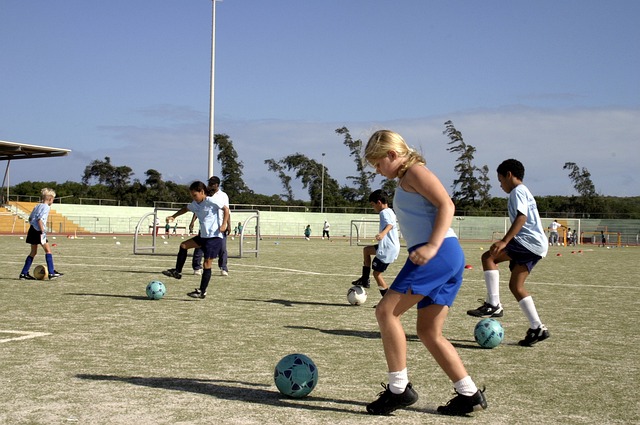
The game of differentiation
The mall Santa had noticed the child in the line of kids. They were all eager to share what he was supposed to get them for Christmas. This one child looked a bit puzzled, like they were searching for something. Santa wondered what might it be.
Finally, the child was next to Santa – “Ho, Ho, ho, what would you like for Christmas?”.
“Well, I’d like something that is good for me, but also good for others!”
A surprised Santa replied: “Now that is very thoughtful of you. How did you think of this?”
The child paused. Their eyes moved, searching for the answer. “If it’s just for me, that’s being selfish, but if it’s good for others, then it’s okay.”
“Duly noted. Now you can join your parents. Santa will have something good for.”
Differentiation sports: function up
On Christmas morning, the child got to their last present. It was in a box, but it was pretty lite. Opening the box, a soccer ball poured out with a bounce. Surprised, the child looked at their parents. “Santa said I get something good for me and good others at the same time. Where is it?”
Mom said: “It’s the soccer ball.”
“It is?” was the puzzled reply.
“Of course,” Dad said. “In order to play soccer, you need to learn to connect with others – your teammates. And you need another team to play against. If you are too selfish and hog the ball too much, others won’t want to play with you. It’s a balance.”
Mom added, “But you can’t just let others have the ball all the time, either. Sometimes you are the best player to move the ball, so you have to do that. And when someone else is in the best position, let them do their thing. It’s called playing your position.”
The child asked, “What if I don’t get the ball?”
Managing self is key
“Great question. You have to manage yourself and be patient. A good player can’t let their feelings control how they play. They want to focus on how they are functioning on the team.” Dad offered.
“But what if I’m just a better player?”
Mom smiled. “Even the top players know what they are responsible for and what others are responsible for. They keep themselves responsible to the team, but they don’t take over for others.”
“But what about when someone makes a mistake?”
“Again, you don’t want to get upset during the game. You talk about it later when things are more calm. Then you can bring it up and listen to the other person’s point of view. Nobody tries to do the wrong thing.” was Dad’s advice.
“That can be hard, bringing it up later.”
“Yes, it can be. But that makes a team better. The team members can talk about anything, without blaming each other and without getting all upset. Nobody acts like a victim. They are curious. They want to understand what happened, when, where it happens. This is how each member of the team functions better.”
Strive to function up
The child was mulling over everything their parents said when they noticed the logo and the wording underneath it on the ball. There were two players connected by a handshake, but from separate teams. The wording said: “Differentiation Sports: Function Better.”
Working on differentiation is like playing a sport. It’s good for me, but it’s good for others at the same time. Like Dr Kerr wrote, it’s about “being for self without being selfish and being for other without being selfless.” I think talented players, on teams and in families, work to be like this. So when I work on being more differentiated I’m giving this gift to myself and others.
Whatever teams you are a part of, I wish you good luck and better functioning in the game of life for 2025.
Thank you for your interest in family systems.
Dave Galloway
Would you like to read a post on a particular topic?
Send me your ideas – dave.galloway@livingsystems.ca
Check out our podcast on Youtube
Read more about Bowen Theory here
This post might also be of interest: Can anxiety be bound